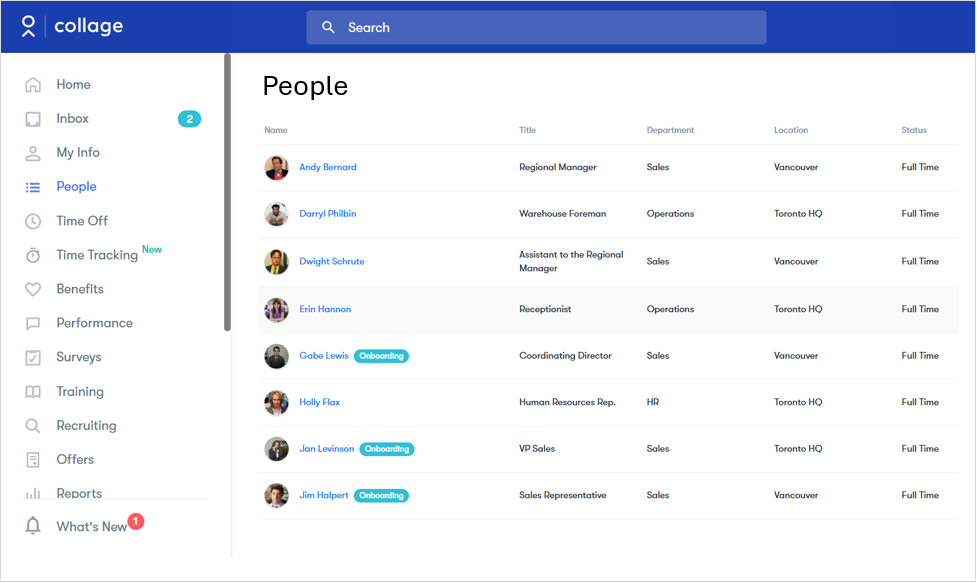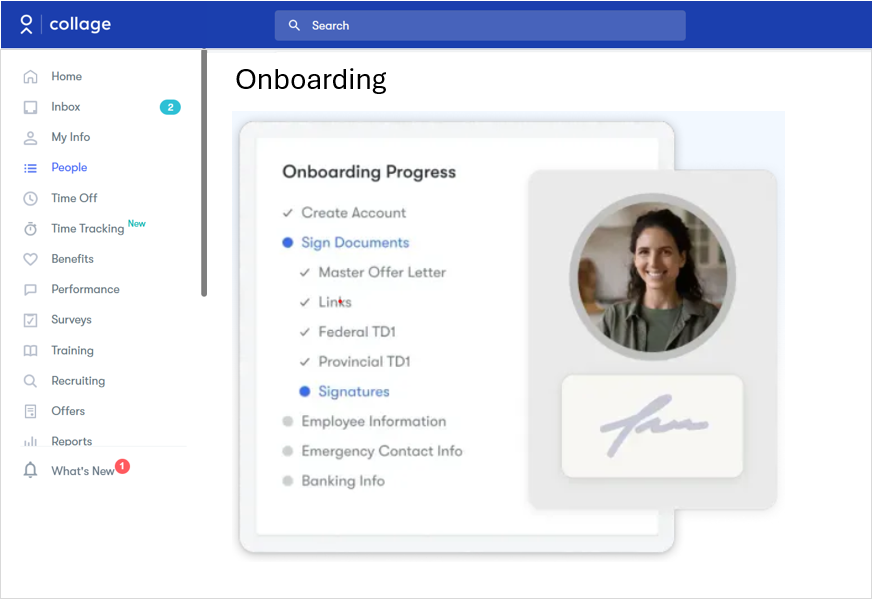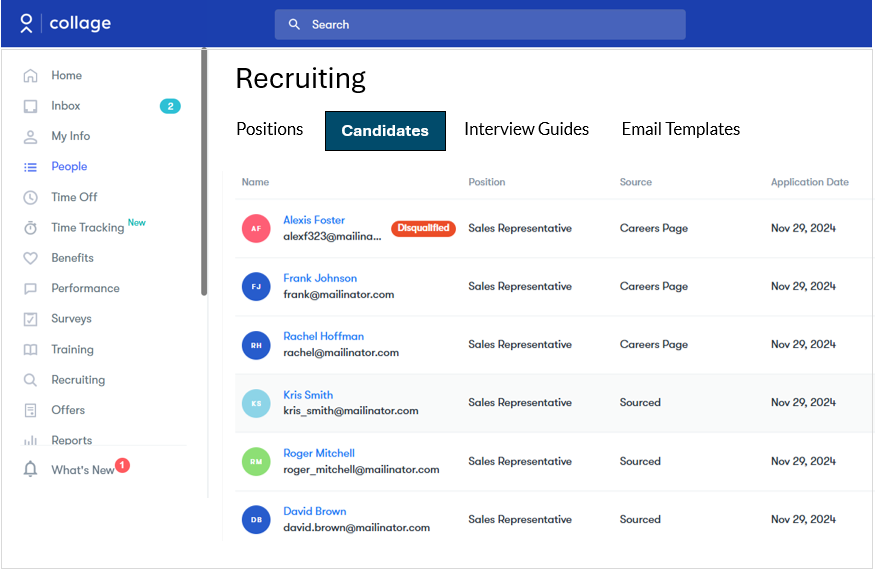What is an HRMS?
A Human Resources Management System (HRMS) is like upgrading from a flip phone to a smartphone—but for your HR. It's affordable online HR software that acts as your all-in-one digital filing cabinet and HR assistant.
It replaces your document-based HR (paperwork, scattered files, and email threads) with a secure, cloud-based system. Accessible from anywhere, it saves time, reduces errors, and significantly cuts administrative costs.
An HRMS is your all-in-one
digital filing cabinet & HR assistant
An HRMS eliminates repetitive tasks
that slow you and your workforce down.
Find out more about HRMS automated tasks
How much can I save with HR software?
Take a look at how much you can save by implementing an HRMS. It’s an eye-opener that makes the decision crystal clear.
An HRMS doesn’t just pay for itself—
it delivers even greater long-term value.
Find out more about features & automation
Next Steps
HR doesn’t have to be a time-sucking black hole. ConnectsUs HR's HRMS implementation services makes the transition to an HR software simpler, more straightforward, and tailored to your business.
Ready to explore moving your document-based HR online?



